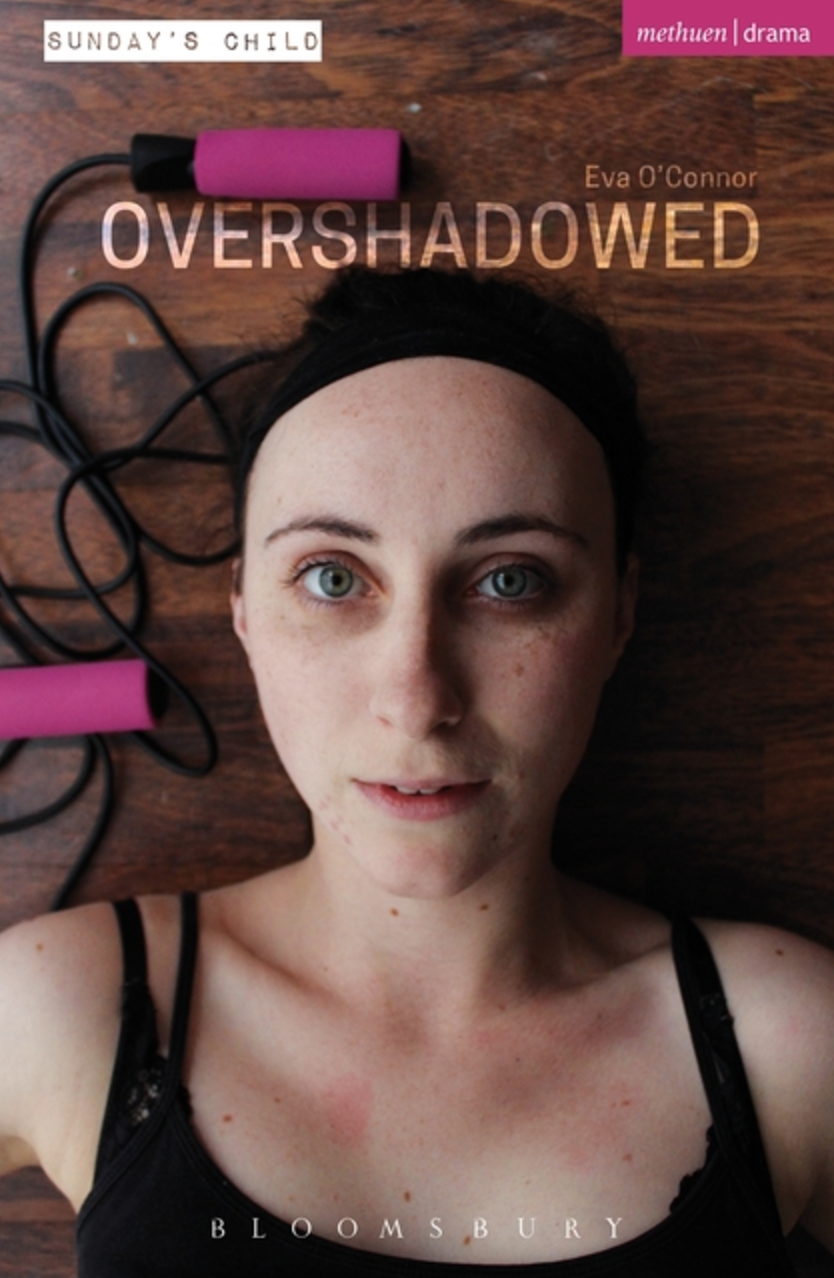
Attending counselling is one of the bravest and most honest things that a person in need can do for themselves, and for the people around them. The agreement of going can be followed up by regret, dread, fear and a huge mixture of other emotions due to the vulnerability of laying yourself bare to a professional stranger.
Going to counselling might feel wrong or scary initially. You may even dread going to your first few sessions, but for the majority of people the fear eases of and the attendee realises that it is of huge benefit to their mental health.
But for some people that discomfort doesn’t wear off, and if it does still bother the person being counselled after two or three sessions, it is important to look at whether your you and your counsellor are a good match.
There is a huge amount of support out there for people with mental health issues or those who need to deal with grief. Due to high demand, budget cuts and lack of staff to facilitate the demand, people are seldom asked if the counsellor they have been matched with, after being on a waiting list for months, actually suits them.
The biggest problem with the idea of you and the person counselling you not being right for each other is that you are already vulnerable. You may be suffering from a combination of low self-esteem, depression, anxiety and often full of self loath or anger. Sitting in a room with a professional helper that doesn’t seem to ‘get you’ can often make those seeking help feel even more down, anxious and self-doubting, because you might blame yourself. You might think that, if a professional can’t help you, you must be a hopeless case.
This is never the case, every person can benefit from counselling but what people never tell you before you attend is that maybe your counsellor just won’t be right for you. This is no one’s fault, but it is something that can be fixed. Your counsellor has most likely heard things that no one else has heard people say, so you telling them your relationship isn’t quite right won’t have a huge affect on their life, but it could make a big difference in yours.
Throughout my life I have attended counselling, due to several deaths among my close friends and family, mental health problems and anxiety. I have spoken to numerous different people about the issues I felt only counselling could help with. Among all those people, I have had an experience where I felt as though my counsellor underestimated my intelligence, patronised me and I never quite felt comfortable in her office.
This was not due to her lack of qualifications or her not being a capable worker, looking back now if anything she was just trying to treat me like a young person. I was being faced with very grown up issues and she was trying to treat me like the other people my age were being treated. It probably would have worked on many young people whose dad had just died, but it didn’t work for me. Other counsellors have annoyed me by taking notes instead of listening to me, or saying things in a way that I didn’t like, but none of these things are a fault on their part, rather a conflict of personalities.
A brief chat at the end of a counselling session could make all the difference, a simply phrased question ‘did you feel supported during our chat?’ ‘was their anything I said or did that you didn’t like’ or ‘do you think these sessions are helping?’.
Counsellors have heard it all. They have been built up and trained, but no amount of books, training or even time working in the field can force two people to work well together in a small room in which one of them shares their deepest or saddest thoughts.
I truly believe more counsellors should take the time at the end of a session to ask people whether it is working, and people should feel more comfortable in changing counsellors or meeting them for a trial run before deciding on who they are going open their hearts up to on a regular basis.
I believe these measures, these simple questions, could help save someone’s life.
Megan Roantree




Leave a Reply